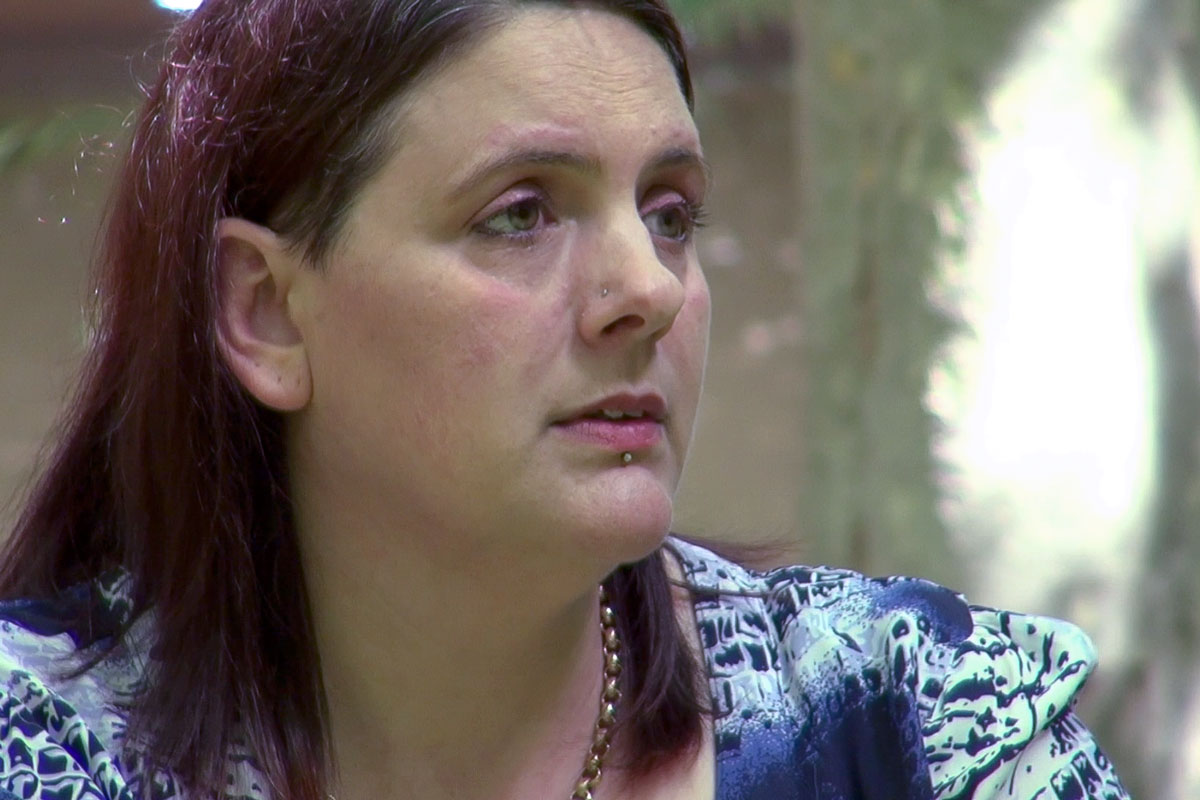
A medical discovery revealing the structure of ‘rogue clones’ that cause Lupus could identify early signs of the debilitating autoimmune disease and help develop effective treatments.
Professor Tom Gordon, Head of Immunology at Flinders University, says identifying and tracking down the molecular signature of ‘rogue clones’ could lead to earlier diagnosis and more effective treatments.

“With our new finding, we have advanced from measuring just the level of autoantibody to breaking down their precise components,” Professor Gordon says.
“Identifying and isolating the signature of these rogue clones can provide information about whether a drug therapy is working or not.”
It may now be possible to associate particular clones to symptoms of the disease and organ involvement while identifying new treatments before they cause irreversible damage.
Normally a healthy immune system helps our body fight off infections, viruses and diseases by identifying and destroying them.
But when a person suffers from Lupus, their immune system cannot tell the difference between foreign invaders and their own healthy tissues.
The result is an autoimmune attack causing severe fatigue, joint pain, skin rashes and damage to kidneys, lungs, the brain and blood vessels.
Adelaide-based Lupus sufferer, Amy Strawbridge, says her life threatening diagnosis highlighted the importance of developing effective treatments.
“I get bald patches in my hair, rashes on my face which can be quite embarrassing at times and extreme tiredness regardless of how much I sleep,” says Ms Strawbridge.

Co-author Dr Jing Jing Wang says the research used a mass spectrometry instrument to identify the molecular signatures of antibodies which cause the disease.
“The ultimate goal of our work is to measure response to treatment and to design therapies to remove rogue clones in individual Lupus patients,” she says.
Professor Gordon, who is also Clinical Director of Immunology at SA Pathology, says up to 20,000 Australians suffer from Lupus, with 1.5 million people affected in the US and 5 million worldwide.
“We are now in a position to identify which rogue clones are responsible for inflammation and potential damage in different organs, and perhaps discover clones that protect against dangerous complications,” Professor Gordon says.
The study, “Precipating anti-dsDNA peptide repertoires in lupus” (2018) by JJ Wang, AD Colella, D Beroukas, TK Chataway and TP Gordon, is published in Clinical & Experimental Immunology (paywall).

